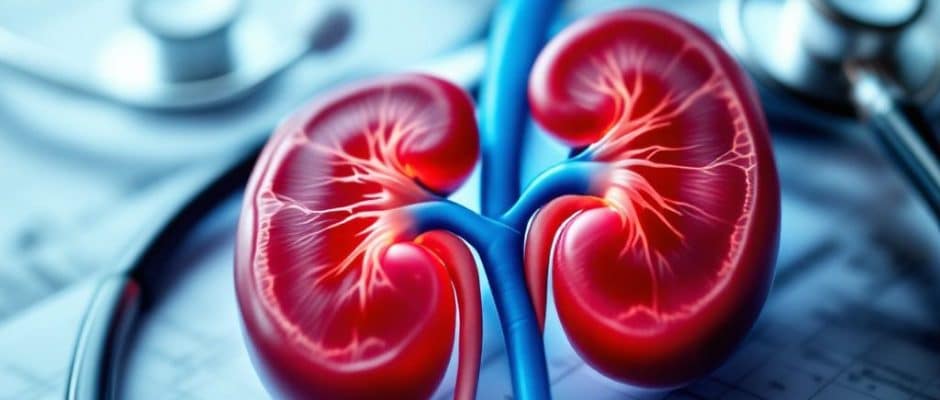
Kidney Health Guide: Unlocking The Secrets to Better Organ Function
The kidneys are key orchestrators in messes such as hormone regulation, balancing what’s inside your body is no small feat, and the kidneys pull it off like champs. They manage countless substances floating around in your bloodstream—chucking the bad bits into the bladder to form urine while keeping the good stuff cycling through, handling hormone regulation like masters.









